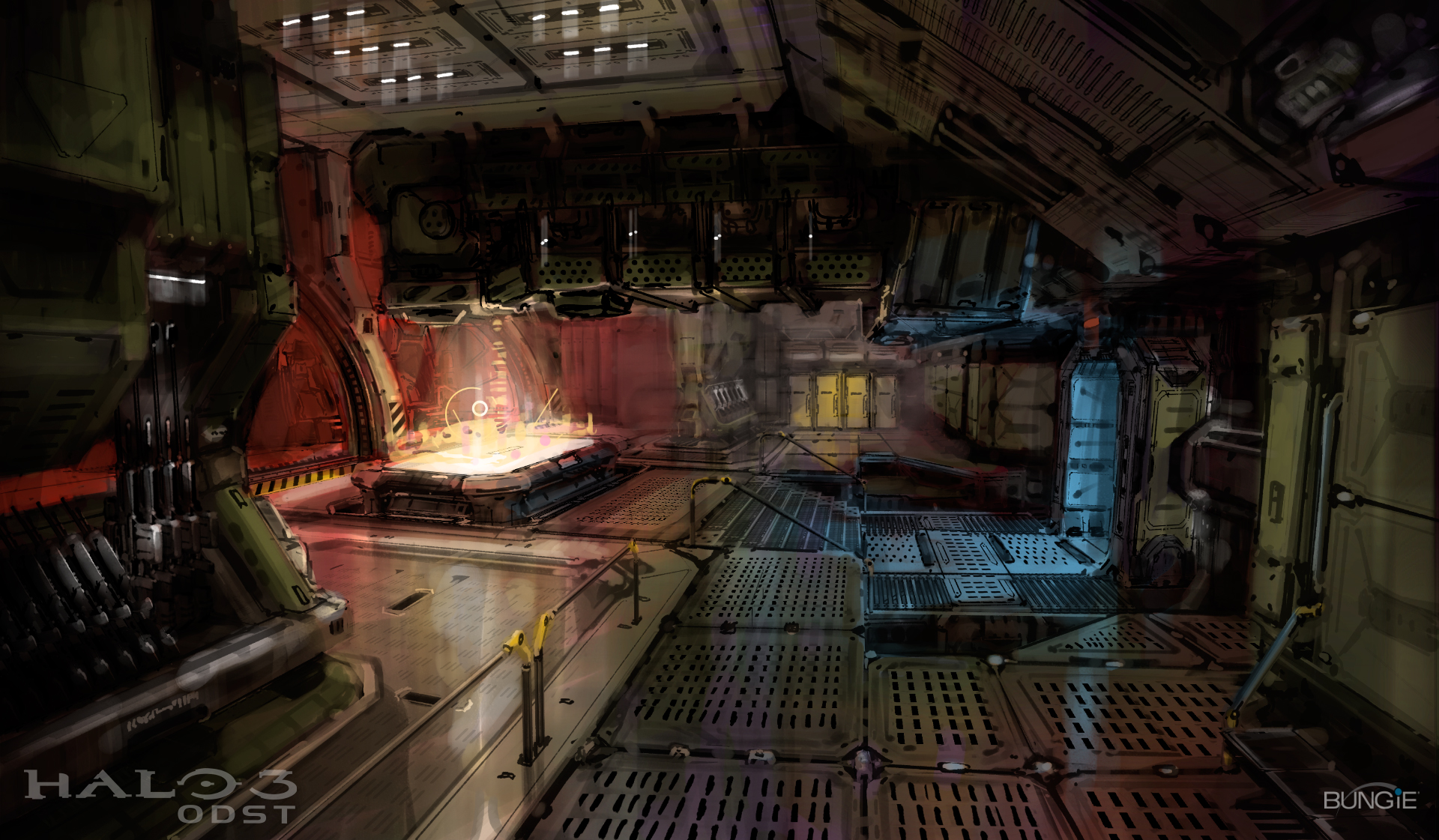


He had two younger sisters to marry off (and for whom he owed large dowries), and had a “useless”artist younger brother who didn’t help with the family expenses. While not rich, he was always in need of money. Galileo was insatiably curious, yet he had a very practical side. His scientific feats are widely known – from his earliest rebuttals of the prevailing Aristotelian view that larger objects will fall faster than smaller objects, to the design of a superb compass. Galileo was perhaps the first scientists to rely on validation by experimentation to prove a hypothesis. The first is Galileo Galilei’s, arguably the greatest scientist ever and always destined for greatness. Here are three of my favourite stories of world-changing inventions. These led to discoveries and resulted in (or used) inventions that transformed human lives. We see that every year during the announcement of the Nobel Prizes, where the winners invariably started with curiosity driven enterprises. The best scientists always recognised this, and seamlessly moved between the two. Without invention, you cannot have the discovery, and vice versa, making the separation of research into basic or ‘translational’ meaningless. Without Tesla’s pioneering work on electricity, there wouldn’t be a viable lightbulb for Edison to brag about. But behind monumental discoveries there are inventions (making a hash of my tautology of discovery being the father of invention). Behind every invention, innovation and ingenuity have merged with knowledge gleaned from discoveries. If necessity is the mother of invention, discovery is its father. “The very existence of flamethrowers proves that sometime, somewhere, someone said to themselves, ‘You know, I want to set those people over there on fire, but I’m just not close enough to get the job done.” This is the final instalment of three essays on invention and discovery.


 0 kommentar(er)
0 kommentar(er)
